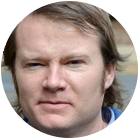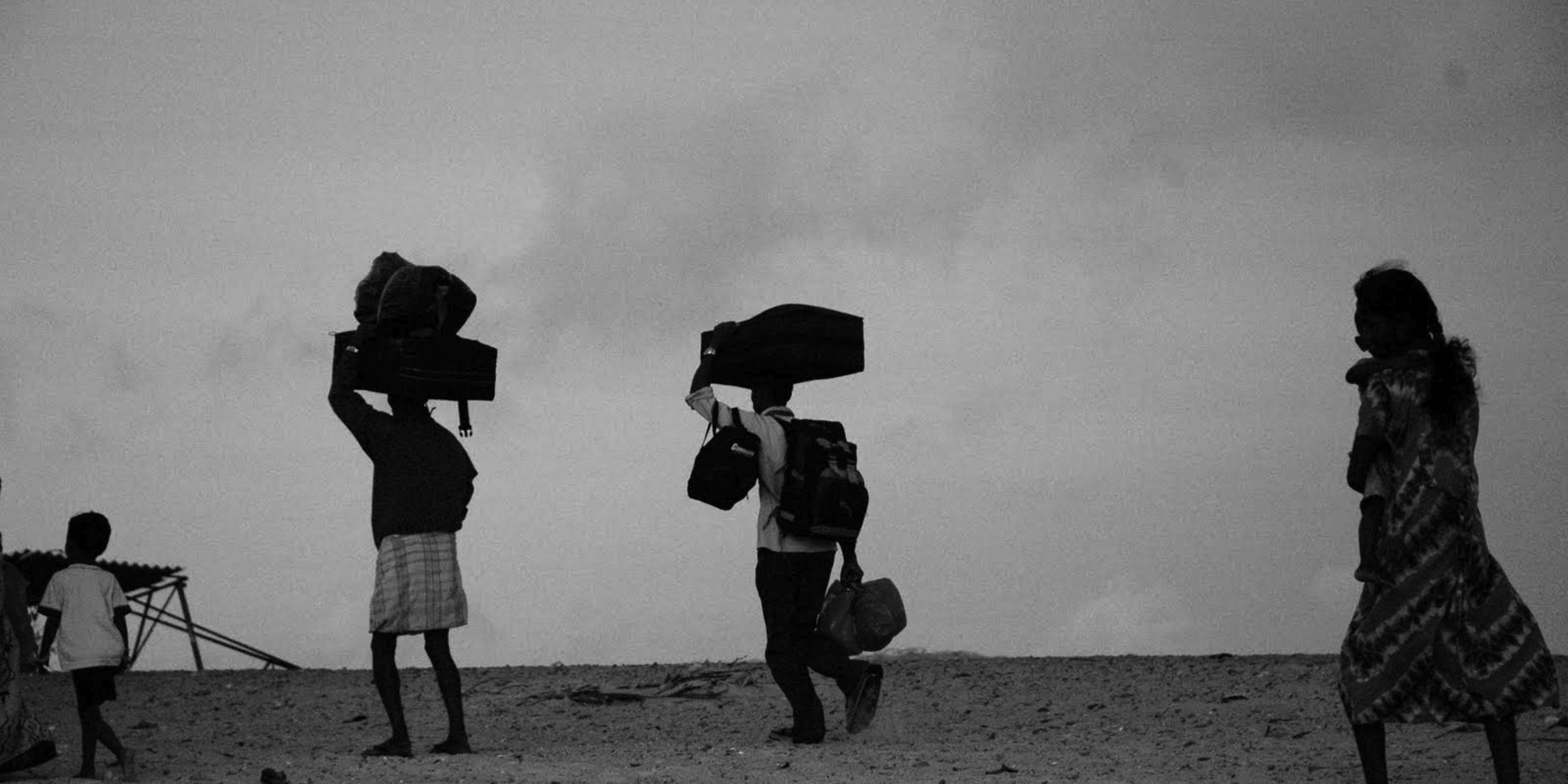Course Description
More than 100 million people across the planet have been forcibly displaced from their homes in recent years. There are more refugees and displaced people today than in any other period of human history. How do we account for this crisis? And how might we imagine altering its trajectory?
This course explores the forces, from war to narcotrafficking to climate change, that have uprooted these populations – and that threaten all of us on a planetary scale. We investigate the politics of migration by focusing on the experiences of refugees narrated by themselves. We analyze films, memoirs, historical documents, and scholarly literature across various disciplines.
Students are invited to explore one of our themes in greater depth through an independent research project. You have the option of producing an 8-10 page paper or an audio/visual project. The project may be submitted at any point in the semester between Week Six and the final exam period.
Meet the Instructor: Robert Crews

"Refugee politics are all around us – a reality it has taken me some time to grasp. Afghanistan, Somalia, Syria, and Ukraine and their displaced populations may seem far from California. But their lives are linked to what we eat, how we travel, what we wear, and how we define our security, make our livelihoods, and imagine our futures. The story of Afghan refugees is a key facet of the history of Afghanistan that I study. But year by year the challenge of displacement has become greater, and migration – and efforts to stop it – have become more and more central to politics everywhere.
"I am interested in how the study of the past can help us think more clearly about the present and an increasingly interconnected future. While we face numerous, seemingly intractable problems, the study of the global refugee crisis through an historic lens suggests pragmatic alternatives to the status quo. In this course and others, I encourage students to develop strategies of historical thinking that we can apply to multiple aspects of our lives, whatever our focus of study or long-term career goals."



